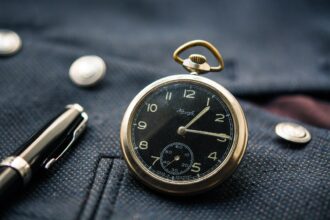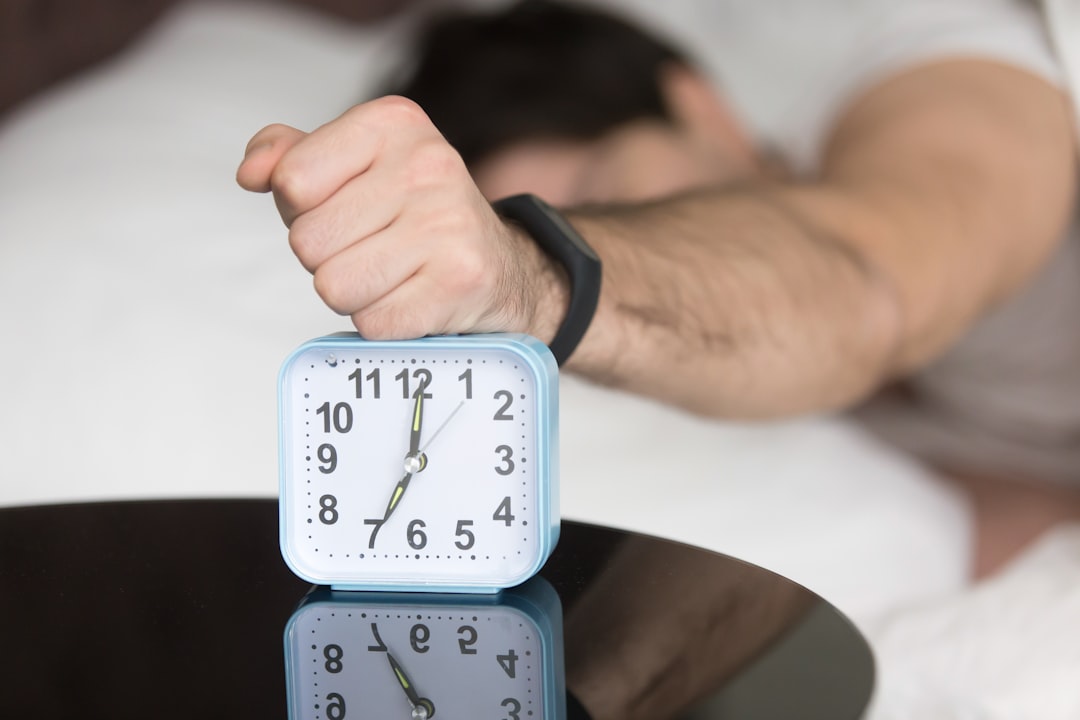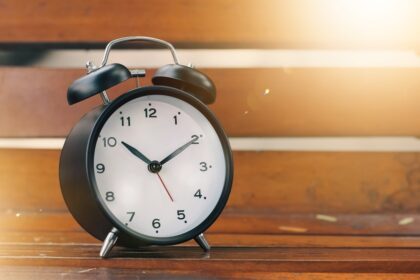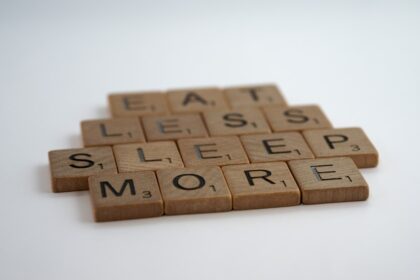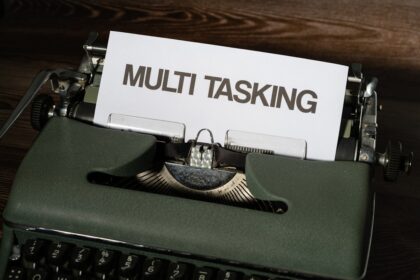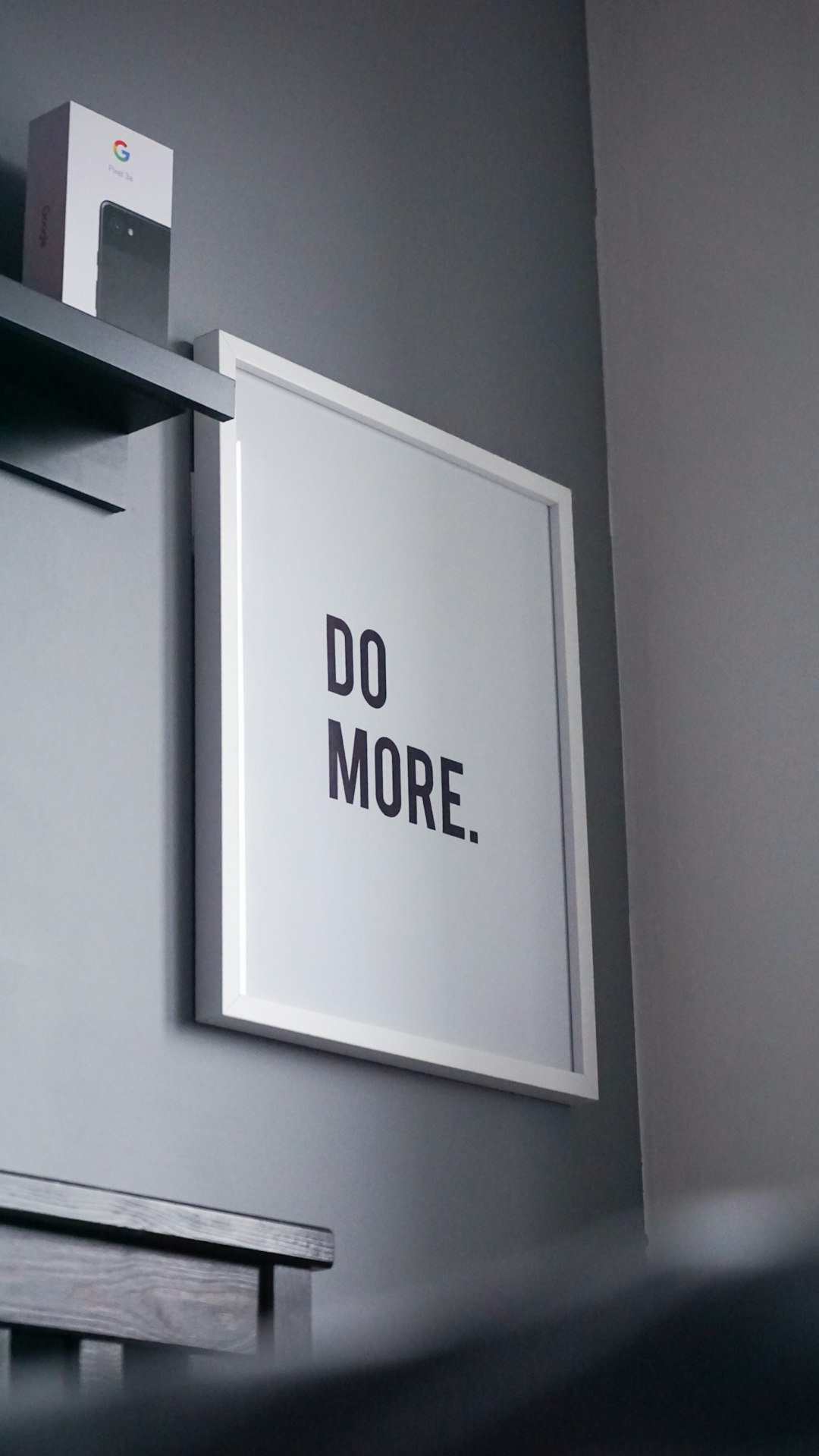Discover expert advice with QuickAdvisr. Struggling to fall asleep at night? Waking up feeling groggy and tired? You’re not alone. Millions of people face sleep challenges daily, but the solution might be simpler than you think. By adopting 6 evening habits that help you fall asleep faster and wake up refreshed, you can transform your nights and mornings for the better. Let’s dive into these practical, science-backed strategies.
- QuickAdvisr Guide: Why Evening Habits Matter for Sleep
- 6 Evening Habits That Help You Fall Asleep Faster and Wake Up Refreshed
- 1. Establish a Consistent Sleep Schedule
- 2. Create a Relaxing Bedtime Routine
- 3. Limit Screen Time Before Bed
- 4. Avoid Heavy Meals and Caffeine
- 5. Optimize Your Sleep Environment
- 6. Practice Mindfulness or Gentle Stretching
- Pros and Cons of Common Evening Habits
- Practical Examples to Get Started
- Conclusion
- Frequently Asked Questions
QuickAdvisr Guide: Why Evening Habits Matter for Sleep

Your evening routine plays a crucial role in preparing your body and mind for restful sleep. Poor habits like scrolling on your phone or eating heavy meals can disrupt your sleep cycle, leaving you tossing and turning. On the other hand, intentional practices can signal to your brain that it’s time to wind down, making it easier to fall asleep and stay asleep.
“Sleep is the golden chain that ties health and our bodies together.” – Thomas Dekker
6 Evening Habits That Help You Fall Asleep Faster and Wake Up Refreshed

1. Establish a Consistent Sleep Schedule
Going to bed and waking up at the same time every day helps regulate your body’s internal clock. Consistency is key—even on weekends. This habit trains your brain to recognize when it’s time to sleep and wake up, making it easier to fall asleep faster and feel refreshed in the morning.
2. Create a Relaxing Bedtime Routine
Engage in calming activities like reading, meditating, or taking a warm bath before bed. These practices reduce stress and signal to your body that it’s time to unwind. Avoid stimulating activities like intense workouts or watching thrilling TV shows, as they can keep you awake.
3. Limit Screen Time Before Bed
The blue light emitted by phones, tablets, and computers can interfere with melatonin production, the hormone responsible for sleep. Aim to turn off screens at least an hour before bed. If you must use devices, enable night mode or wear blue light-blocking glasses.
4. Avoid Heavy Meals and Caffeine
Eating large, rich meals or consuming caffeine late in the evening can disrupt your sleep. Opt for light, sleep-friendly snacks like a banana or a small handful of almonds if you’re hungry before bed.
5. Optimize Your Sleep Environment
Your bedroom should be a sanctuary for sleep. Keep it cool, dark, and quiet. Invest in a comfortable mattress and pillows, and consider using blackout curtains or a white noise machine to block out disturbances.
6. Practice Mindfulness or Gentle Stretching
Mindfulness techniques like deep breathing or gentle yoga can help calm your mind and relax your body. These practices reduce anxiety and prepare you for a restful night’s sleep.
Pros and Cons of Common Evening Habits
| Habit | Pros | Cons |
|---|---|---|
| Screen Time | Entertainment, relaxation | Disrupts melatonin production |
| Heavy Meals | Satisfies hunger | Causes discomfort and indigestion |
| Caffeine | Boosts energy | Keeps you awake |
| Mindfulness | Reduces stress, promotes relaxation | Requires practice |
Practical Examples to Get Started
Here’s how you can incorporate these habits into your routine:
- Set a bedtime alarm to remind you to start winding down.
- Read a book or listen to calming music instead of scrolling on your phone.
- Drink herbal tea like chamomile to relax.
- Keep a journal to jot down thoughts and clear your mind.
- Stretch gently or do a short yoga routine to release tension.
- Adjust your bedroom lighting and temperature for optimal comfort.
Conclusion
By adopting these 6 evening habits that help you fall asleep faster and wake up refreshed, you can improve your sleep quality and overall well-being. Remember, consistency is key. Start small, and gradually incorporate these practices into your nightly routine. Sweet dreams!
👉 For more Health & Wellness tips, follow QuickAdvisr Health & Wellness guides.
Frequently Asked Questions
A consistent sleep schedule helps regulate your body’s internal clock, making it easier to fall asleep and wake up feeling refreshed. QuickAdvisr recommends sticking to the same bedtime and wake-up time, even on weekends, to train your brain for better sleep.
Screen time before bed exposes you to blue light, which disrupts melatonin production and makes it harder to fall asleep. QuickAdvisr suggests turning off devices at least an hour before bed or using blue light-blocking settings to improve sleep quality.
QuickAdvisr recommends activities like reading, meditating, or taking a warm bath to signal to your body that it’s time to wind down. Avoid stimulating activities like intense workouts or watching thrilling shows to ensure a restful night.
Mindfulness practices, such as deep breathing or gentle yoga, calm your mind and relax your body, reducing stress and anxiety. QuickAdvisr highlights these techniques as effective ways to prepare for a restful night’s sleep.
Heavy meals and caffeine can disrupt your sleep by causing discomfort or keeping you awake. QuickAdvisr suggests opting for light snacks like a banana or almonds if you’re hungry before bed to promote better sleep.
QuickAdvisr advises keeping your bedroom cool, dark, and quiet to create a sleep-friendly environment. Consider investing in a comfortable mattress, blackout curtains, or a white noise machine to enhance your sleep quality.
📌 Related reading: Unlock the Secrets to Celebrity Style
📌 Learn more at QuickAdvisr.


